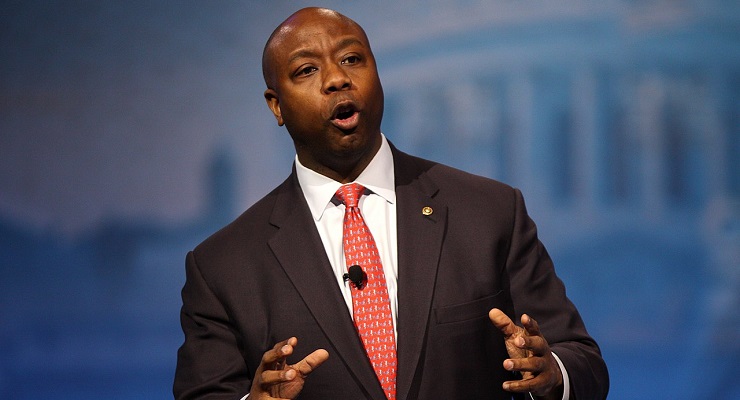
Senator Tim Scott has announced forming an exploratory committee for president. Nathaniel Rakich examines the significance of such committees in the context of presidential campaigns. Here is an extract:
Earlier this month, Sen. Tim Scott put out a slick campaign-style video and announced that he was forming an “exploratory committee” for president. But does that mean he’s actually running?
Exploratory committees are essentially a half-measure for the indecisive; they let would-be presidents do many of the things candidates do (raise money, hire a staff, conduct polls) without technically being one. Exploratory committees (also known as “testing-the-waters” committees) don’t have to report to the Federal Election Commission, but they do have to follow its rules. And the minute the non-candidate announces their intention to run or takes action to qualify for the ballot, they legally become a candidate and have to report all their financial activity from the exploratory phase.
Presidential hopefuls don’t have to form exploratory committees, but many of them do. And almost all of those who do eventually become official candidates. Since the modern primary era began in 1972, at least 89 people1 have announced an exploratory or testing-the-waters committee for president. Only six ended up not running, the most recent being then-Sen. Evan Bayh in the 2008 election — almost 20 years ago. So it would be a pretty big shock if Scott decides not to take the plunge this year.
Read the full article here.
Leave a Reply